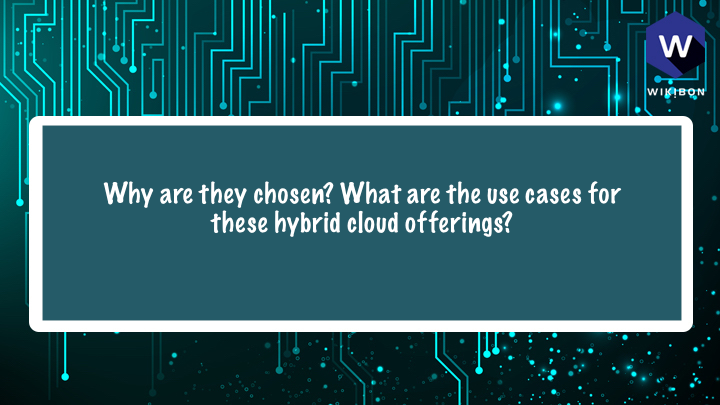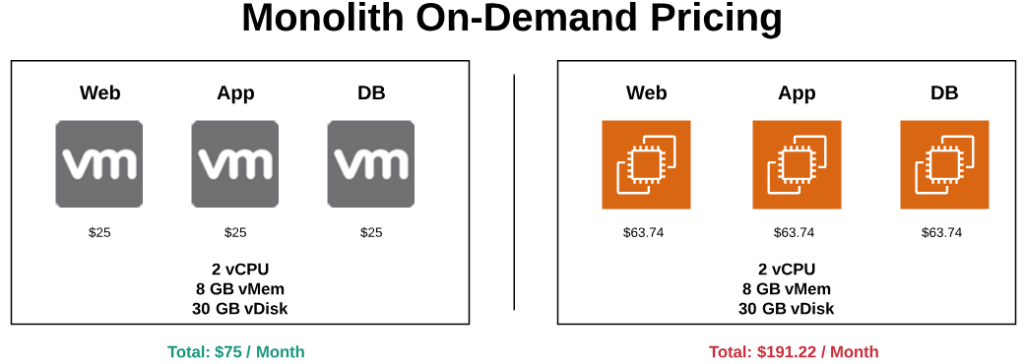What are the key drivers and constraints for tightly coupled/true hybrid cloud? https://www.crowdchat.net/s/95sxr

Andrew Miller
FOMO

jameskobielus
The key driver is helping enterprises to elastically scale their apps using the best blend/combo of on-premises and public cloud resources. The chief constraint is the sheer complexity/cost of making all these clouds work together and managing them in unified fashion.

Andrew Miller
And yes, "FOMO" is a bit tongue in cheek but average CIO lifespan is 3-4 years. They need something to enhance the resume and this not only does that but could also help the business. I'd also put CIO lifespan as a constraint - if leaving soon, benefits don't matter.

David Floyer
The key drivers are better compliance, more functional hybrid applications, and lower costs. The key inhibitors are availability of distributed services, updated distributed automation and orchestrations capabilities, and learning how to deploy hybrid applications.
















